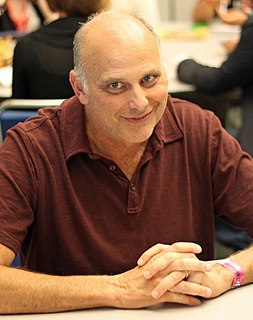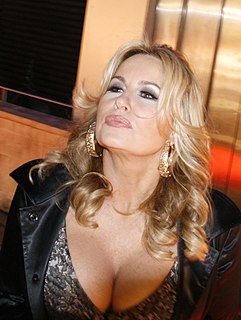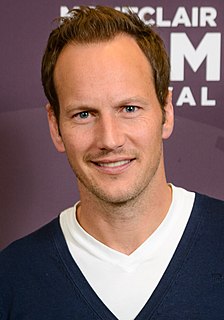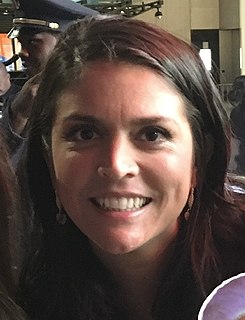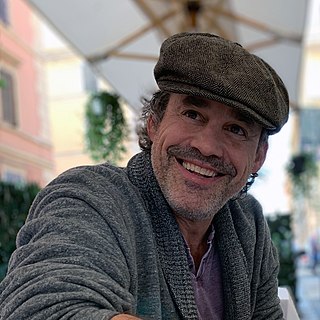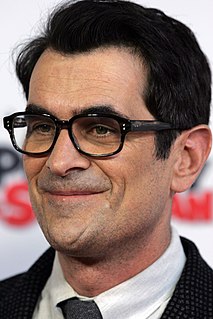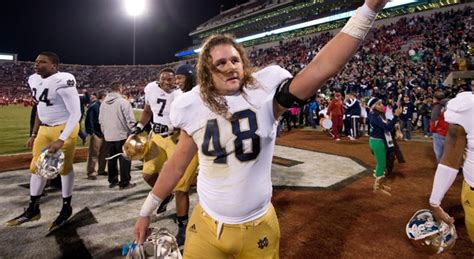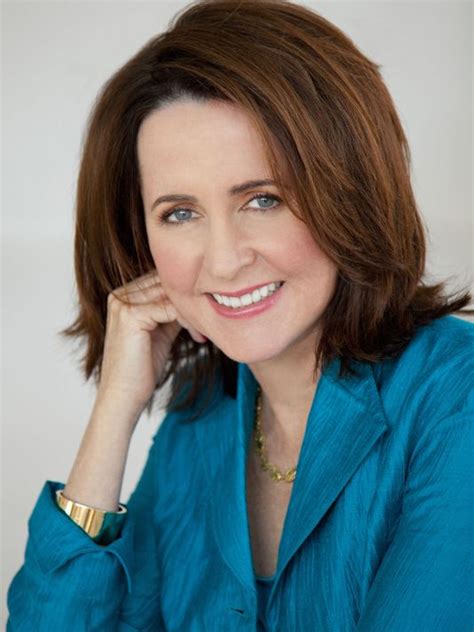A Quote by Yahya Abdul-Mateen II
When I was in college, it was on the recommendation of a friend of mine. He recommended that I take an acting class, and so I kind of did. I was very open to feedback and open to suggestions. I had a little bit of space in my schedule, and I guess, as the story goes, I went into an acting class, and I kind of got the bug for it.
Related Quotes
I went to school to play sports, but I got involved in theatre in college kind of by mistake. I ended up taking an acting class almost just to get rid of an arts requirement, but I wound up in this wonderful acting class with this teacher named Alma Becker who really saved my life. I was just kind of this knucklehead kid from DC and I was in and out of trouble all of the time. I took a theatre class and she really discovered something in me and I absolutely fell in love with it.
I knew I wanted to go to college and I wanted to study it acting, so I just looked for the best school that I could get into. Luckily, I had very supportive parents. I went to a conservatory that is basically drama school. You take one English class and one history class for four years but you don't take any other science or anything like that. It's strictly, from 7am until night, all acting. It's a lot. Some people find it too much, but for me I was preparing for a career and I never really looked back.
The acting I got into by doing what we call pantomime, when I was sixteen. And, there were loads of very pretty girls in the show. I realized; I found out very early on, that the lead comic gets the girl. So, that was cool. When I went to university, I studied Economic Social History. And drama. That kind of got me into it. My main passion was to make films. It was never to be an actor. At that time, there weren't many opportunities for a working class Scottish actor. It was kind of an English thing. And it required a certain mannered cerebral acting style that I couldn't relate to.
I had no real direction at all in my 20's and so I did what a lot of people without direction do: I took an acting class. In one of those first days of the class, I did this weird, silly improv, and it got laughs. It was such a blissful moment. I've never gotten over that love of hearing laughter. As a people pleaser, it's the drug of choice for me.
Every director should take an acting class. At least one. You know, you panic with actors. It's like, "Okay, this is back in college, I know how to talk to these guys. I know their vocabulary, and I get what they're saying back to me." So basically to learn the vernacular of acting, that's very important.
The acting background helped a lot when I started writing. I was training for it. In acting class they teach you about the stakes in a scene (and) what motivates characters. When you bring a scene to class - as an actor with your scene partner - you have to do everything. There's no producer, set decorator or anything like that. You and you partner have to do everything and that's kind of like facing the blank page as a writer.
I always grew up around acting. I did commercials as a kid and all that kind of stuff and my oldest brother did theatre in High School. It's funny, when I was 15 I had a friend of mine who dragged me away to a camp at Boston University. It was the first time truthfully that acting didn't feel presentational; it felt very personal. I didn't just feel like I was singing and dancing for my friends in High School. It felt like I was doing a scene and all of a sudden I started to feeling something - I started to feel emotional.


